The Value of a Philosophy Degree
What graduates do with their Philosophy degrees
Philosophy majors spend their college years pondering deep questions, such as: What is the meaning of life? Do we have free will? And what job am I going to get with this degree after graduation? It turns out the last question isn’t hard to answer: Just about anything. T. Rees Shapiro, Education Reporter, Washington Post, 2017
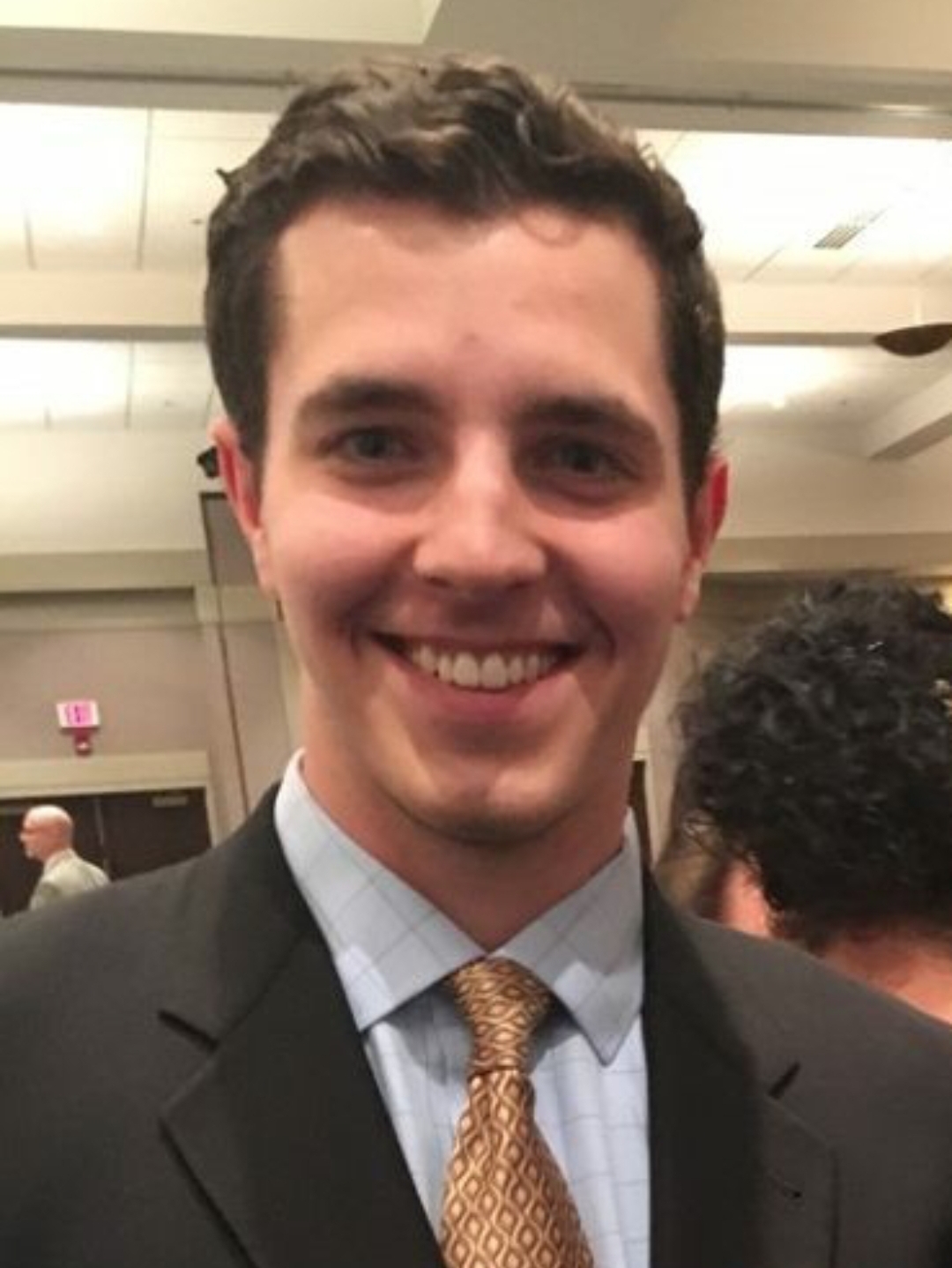 Andrew
Andrew
Bachelor of Arts, Philosophy 2019:
Studying Philosophy at Marquette has markedly enhanced my ability to think critically, develop/analyze arguments, and communicate effectively in ways that apply to any and all professional contexts. Yet, even more importantly, such an endeavor provided invaluable lessons in how to live one's life (both individually and collectively). There aren't concrete answers, but you're supplied with the tools to productively grapple with the fundamental questions. Engaging in Philosophy is an activity that, much like love, music, and art, gives life its value. I am forever indebted to the Philosophy Department for the helpful mentoring, letters of recommendation, and addressing my pedantic questions.
Daniel
Ph.D in Philosophy in 2016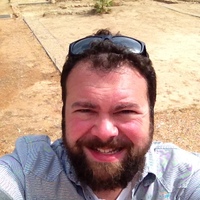
Instructor and Chairperson
Departments of Philosophy and Religious Studies
Victor Valley College
The Board of Trustees at Victor Valley College approved his tenure in February 2021. When I was hired at Victor Valley College, members of my hiring committee said that my PhD from Marquette University made me an attractive candidate. I know that I would not be where I am today without it. I would like to express my gratitude to the Philosophy Department and the faculty for their support while I was a graduate student, especially the members of my dissertation committee: Dr. Owen Goldin, Dr. Michael Wreen, and Dr. Noel Adams.
 Jess
Jess
Bachelor of Arts, Philosophy 2011
Food blogger and digital team member for Target and Kohl's Corp
Studying Philosophy at Marquette fundamentally transformed both who I am as a person and how I view the world around me. But let’s cut to the chase: everyone says you’re a fool to study the Arts these days. Business, Science & Technology are the future. What my experience has taught me, though, is that it’s not so much what you study, but how you apply it to what you do. Studying philosophy as an undergraduate, while engaging in discussion through lectures and seminars honed my ability to think critically, unpack complex arguments, and feel comfortable reaching the best possible decisions in situations with a lot of “gray-area” or ambiguity, as my Philosophy professors used to say. These skills, when honed well, are indisputably valuable in any profession and helped me gain the reputation as a strategic asset in the Fortune 500 teams for which I’ve worked post-graduate. They’re also foundational to the business I’m currently building as an entrepreneur in the digital space.
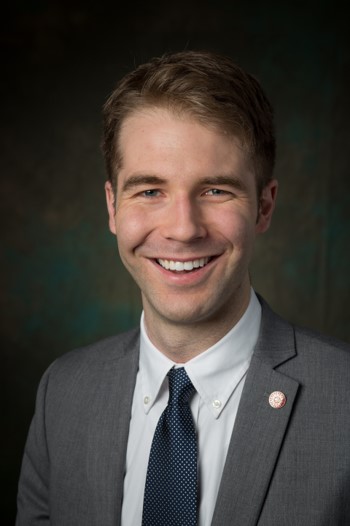
Brian
Philosophy minor 2011
Public Service Fellow and Journals Coordinator in Fordham University's Graduate Program in International Political Economy and Development
In my previous work in marketing and communications, a background in philosophy was extremely helpful in encouraging the kind of rigorous thinking that allows one to look at problems from a variety of perspectives and raise new questions. While my current status as a graduate student studying international political economy and development might sound far more analytical on the surface, the field actually benefits from an ability to interpret information and issues with the conscientious open-mindedness philosophy champions. In a complex world with complex problems and complex solutions, a foundation in philosophy is invaluable.
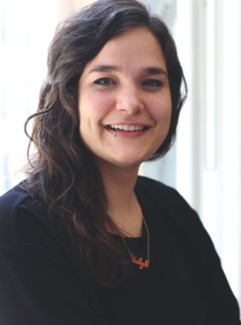 Catlyn
Catlyn
PhD in Philosophy 2016
Senior Content Marketing Manager at Sojern, a tech company that specializes in advertising for the travel industry in San Francisco
Though I left academic philosophy, many of the skills serve me well at work. I'm seen as a 'rock star' because of my ability to read, write, and present coherently and enthusiastically—something that I learned to do in years of writing papers and presenting in philosophy. I also find that the ability to question, something instilled by philosophy, is highly valued in the tech world: asking why we are doing something, what purpose it will serve, why we value that purpose as important, etc. Being an academic philosopher certainly led me away from philosophy; nonetheless, the skills I honed over years of reading, writing, and thinking serve me very, very well in the tech industry.
Daniel
PhD in Philosophy 2014
Software Developer at Digital Measures; also President and Lead Instructor of Capoeira Nago Milwaukee, a non-profit organization devoted to advancing the Afro-Brazilian martial art of capoeira.
My training in philosophy is a big help in staying focused on the big picture, both in my personal life and in my work. I can function on auto-pilot if I want or need to, letting my habits or professional expectations guide me; or I can turn it off, take a critical stance, adopt a different perspective (or several), re-evaluate, and take it from there.
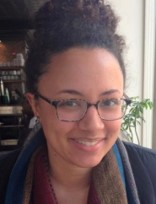 Dr. Desiree Valentine, BA in Philosophy, Marquette 2010; PhD, Pennsylvania State University
Dr. Desiree Valentine, BA in Philosophy, Marquette 2010; PhD, Pennsylvania State University
Assistant Professor of Philosophy, Marquette University
I am fortunate to have first been introduced to the field of philosophy through diverse schools of thought such as Africana, Feminist, and Latinx Philosophy. My first philosophy course was Africana Philosophy at Marquette, which inspired interest in other transformative areas of philosophy. These were the most formative in my journey through undergraduate and graduate school. I am now an Assistant Professor of Philosophy at Marquette University where my research lies at the intersection of Critical Philosophy of Race, Feminist Philosophy, Philosophy of Disability, and Bioethics. I am delighted to be back at Marquette, thinking and engaging with folks in a place I call home.
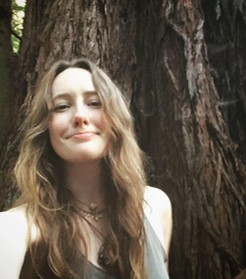
Elise
Philosophy minor 2012
PhD in Biophysics, UC-Berkeley 2018
Philosophy at Marquette opened up my world: It provided a framework for me to think about what it means to be human, to question how we know what we know, to think in organized and logical ways, and to understand what it means to be good. Lessons for a lifetime.

 Andrew
Andrew 
 Jess
Jess
 Catlyn
Catlyn
 Dr. Desiree Valentine, BA in Philosophy, Marquette 2010; PhD, Pennsylvania State University
Dr. Desiree Valentine, BA in Philosophy, Marquette 2010; PhD, Pennsylvania State University


